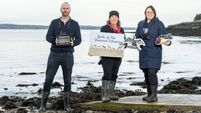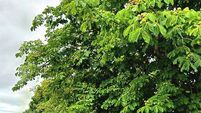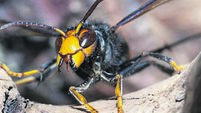Urbanisation threat to global food crops as bees struggle to source food and nests
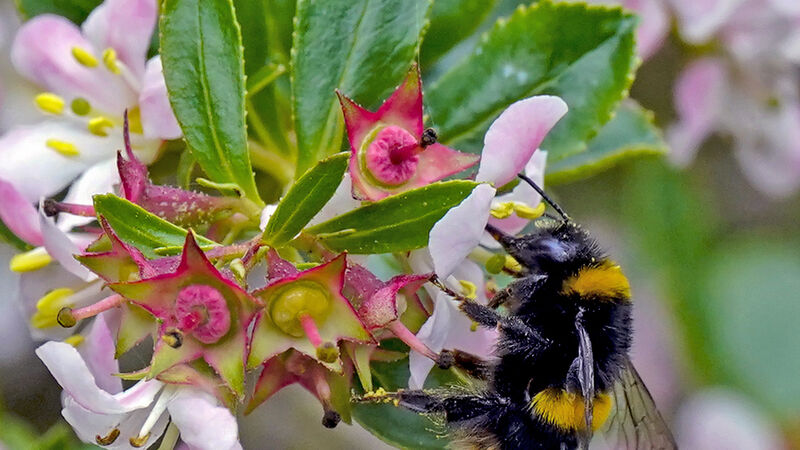
Nearly a third of Irish bee species are threatened with extinction. Picture: PA
Increasing urbanisation is making it harder than ever for wild bees to find food and nests, potentially threatening the 75% of global food crops which rely on pollination.
Researchers at York University in Toronto found that the encroachment into bees’ natural territory from urbanisation means they will also find it increasingly difficult to mate in the future.
The so-called “heat island” effect is also disrupting the ecosystems of plants, meaning that bees and other pollinators are mistiming their foraging, with flowers blooming sooner than expected as they search for food.
Heat islands are urban or metropolitan areas that are significantly warmer than their surrounding rural areas due to human activities.
Disease and parasites are also more likely to spill over into the bees’ ecosystems, the researchers found.
Katherine D Chau, the lead author of the study and a PhD student at York University, said infections caused by parasites and pathogens play a significant role in the decline of bee populations worldwide.
Urbanisation and habitat loss and degradation further worsen this issue, she added.
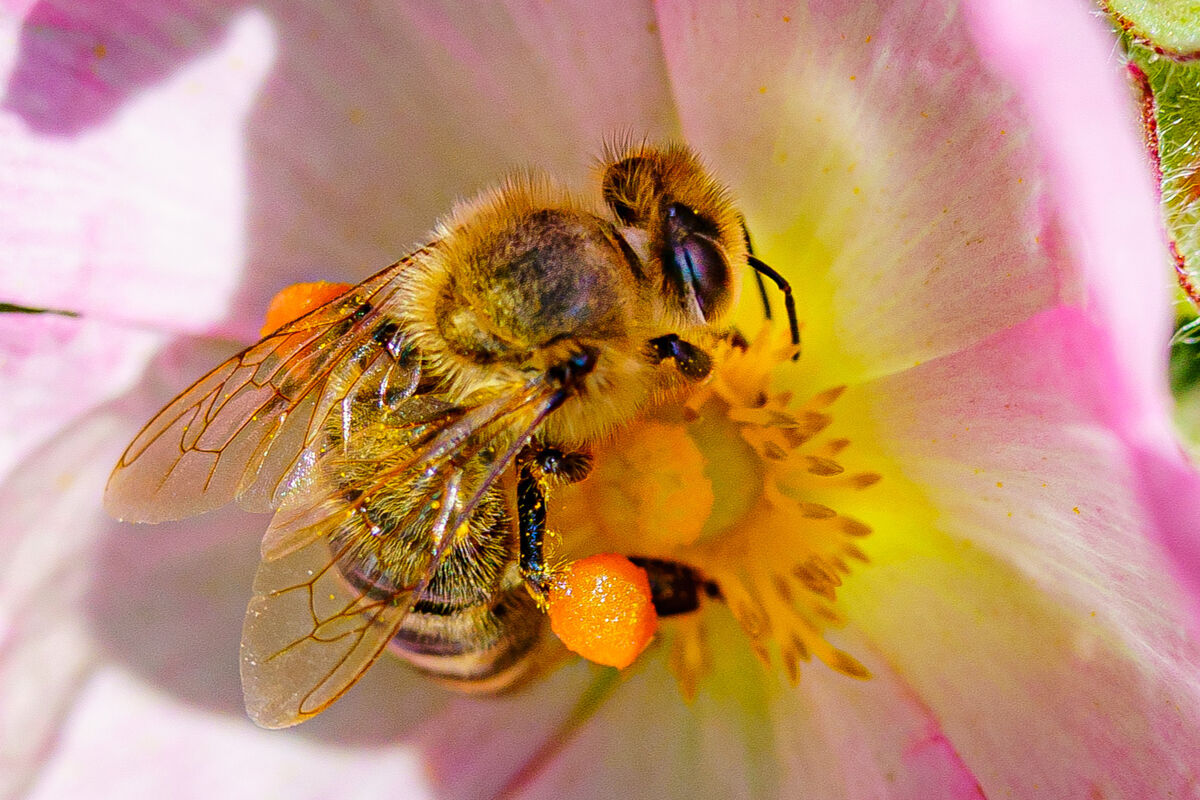
However, cities have the potential to take actions to assist wild bees, Ms Chau said.
“We found the best way to connect bee habitats and create conditions for more genetic diversity is through green spaces, shrubs, and scrub,” she said.
“Conservation efforts focussed on retaining and creating these habitat connectors could go a long way toward helping wild bee health.”
According to the World Wildlife Fund (WWF), almost 90% of wild plants and 75% of leading global crops are dependant on animal pollination. One out of every three mouthfuls of our food depends on pollinators such as bees,” it says.
“Crops that depend on pollination are five times more valuable than those that do not,” according to the WWF.
More than half of Ireland’s bee species have undergone substantial declines in their numbers since 1980, figures from the National Biodiversity Data Centre show, with the distribution of 42 species declining by more than 50%. Nearly a third of the Irish species are threatened with extinction.



